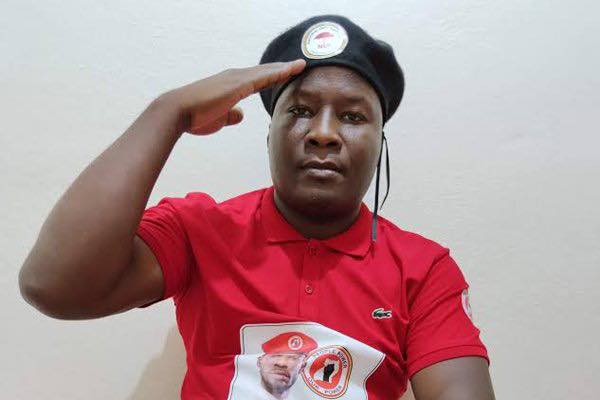International Law protects Ugandan blogger Fred Kajjubi aka Lumbuye
By Drone Reporter
International Procedures for the Apprehension and Rendition of fugitive offenders call for protection of an individual’s human rights facing any extradition.
It is this fact that has helped Ugandan blogger Fred Kajjubi aka Lumbuye from being extradited. According to Prof. Rubin, an individual cannot be penalized for political offences in another country using international terrorism as an excuse.
Well. as it is the National Unity Platform (NUP) party has hired a Turkish lawyer to handle the controversy surrounding the deportation of government critic Fred Kajjubi aka Lumbuye, according to available reports.
Sources handling the matter, who preferred anonymity in order to speak freely, told this newspaper that the identity of the lawyer remains concealed for fear of being compromised by the Uganda government.
On August 5, 2021, the lawyer petitioned the Attorney General of Turkey to block the impending deportation of Lumbuye so that the matter could be handled in the local courts. The petition was granted.
NUP is, however, according to sources, faced with a bill of $71,000 (about Shs255m) as legal fees to make sure that Lumbuye gets asylum in the Netherlands.

The Opposition party has since started a covert fundraising spearheaded by their coordinators across the world.
By yesterday, the political party, through their diaspora teams, had collected up to $20,000 (about Shs70m), which had been handed to the lawyer in two instalments of $15,000 and $5,000.
“The moment this money is found, Lumbuye will straight away be taken to the Netherlands, which is the country that is most interested in the matter by now,,” the source said in an interview yesterday.
Sources also revealed that Lumbuye was still being held under Turkish custody and can only be accessed by lawyers.
According to Interpol processes, the country seeking the extradition of the suspect must first seek a court order in their country and then apply for Interpol’s help to find the accused. The Interpol constitution, however, doesn’t respond to offences that are political in nature.
